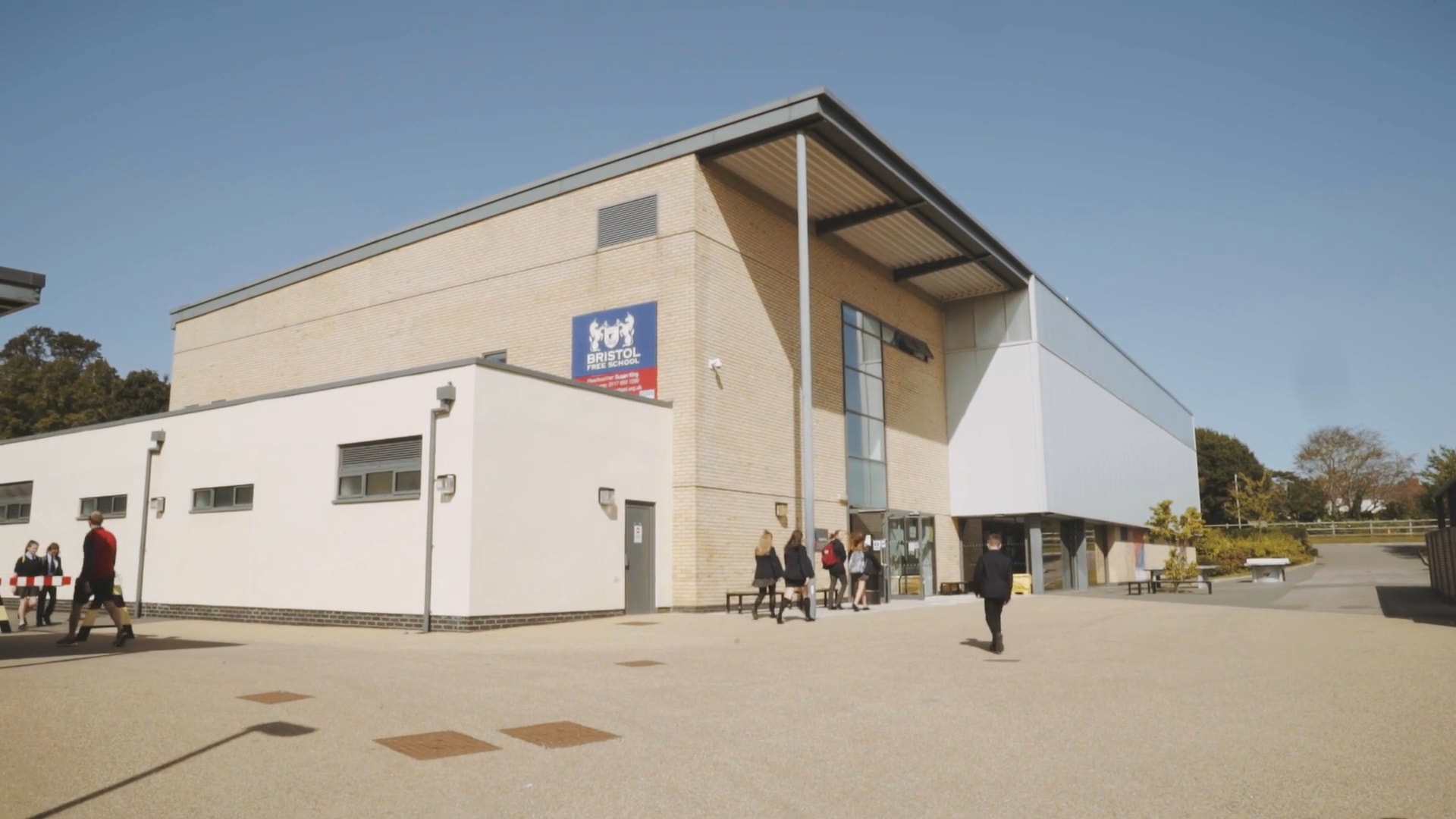
Here we focus on coastal zones, which are dynamic environments in
which landscapes develop by the interaction of winds, waves, currents and terrestrial and marine
sediments. The operation and outcomes of fundamental geomorphological processes and their association with distinctive landscapes are readily observable. Areas of study range from coastal processes and landscape development to the management of a variety of differing coastal zones
Knowledge and awareness of the UK and other coastlines and the interconnected nature and importance of them on a range of scales.
Areas of study range from coastal processes and landscape development to the management of a variety of difference coastal zones. These help the learner to appreciate other communities and viewpoints to avoid and mitigate conflict.
This section of the specification focuses on the major stores of water and carbon at or near the Earth’s surface and the dynamic cyclical relationships associated with them. These are major
elements in the natural environment and understanding them is fundamental to many aspects of physical geography. This section specifies a systems approach to the study of water and carbon cycles. The content invites students to contemplate the magnitude and significance of the cycles at a variety of scales, their relevance to wider geography and their central importance for human populations. Areas of study focus on factors affecting the water and carbon cycles and their influence on climate and surroundings from tropical rainforests to rivers
Students will sit an A-level exam paper - 45 minutes. This has a range of Short and Long answer questions as well as specific questions on Analysis.
Students consider the world as a complete system.
Students consider the difficulties of working collaboratively within the global commons.
This section focuses on globalisation – the economic, political and social changes associated with technological and other driving forces which have been a key feature of global economy and society in recent decades.
Increased interdependence and transformed relationships between peoples, states and environments have prompted more or less successful attempts at a global level to manage and govern some aspects of human affairs. Students engage with important dimensions of these phenomena with particular emphasis on international trade and access to markets and the
governance of the global commons, such as Antarctica. Students contemplate many complex dimensions of contemporary world affairs and their own place in and perspective on them.
45 minute - end of unit assessment
Students engage with important dimensions of global systems and governance with particular emphasis on international trade and access to markets. Students also cover the problem of the global commons, such as Antarctica.
Students contemplate many complex dimensions of contemporary world affairs and their own place in and perspectives on them.
This study of two contrasting places, one local and one international, focuses on people's engagement with places, their experience of them and the qualities they ascribe to them, all of which are of fundamental importance in their
lives. Students acknowledge this importance and engage with how places are known and experienced, how their character is appreciated, and the factors and processes which impact upon places and how they change and develop over time. Through developing this knowledge, students will gain understanding of the way in which their own lives and those of others are affected by continuity and change in the nature of places which are of fundamental importance in their lives.
A 45 minute end of unit assessment.
Through developing this knowledge, students will fain understanding of the way in which their own lives and those of others are affected by continuity and change in the nature of places which are of fundamental importance in their lives.
Students acknowledge the importance of changing places and engage with how places are known and experienced, how their character is appreciated and the factors and processes which impact upon places that lead them to change over time.
This optional section of the specification focuses on urban growth and change which are seemingly ubiquitous processes and present significant environmental and social challenges for human populations. We examine these processes and challenges and the issues associated with them, in particular the potential for environmental sustainability and social cohesion.
A 45 minute end of unit assessment
Engaging with these themes in a range of urban settings from contrasting areas of the world affords the opportunity for students to appreciate human diversity and develop awareness and insight into profound questions of opportunity, equity and sustainability.
Study of this section offers the opportjunity to exercise and develop observation skills, measurement and geospatial mapping skills together with data manipulation and statistical skills, including those associated with fieldwork.
This section focuses on the lithosphere and the atmosphere, which intermittently but regularly present natural hazards to human populations, often in dramatic and sometimes catastrophic fashion. By exploring the origin and nature of these hazards and the various ways in which people respond to them, students are able to engage with many dimensions of the relationships between people and the environments they occupy. Areas of study include volcanic, seismic, storm and fire hazards and the different elements of managing and responding to these events.
A 45 minute end of unit assessment.
By exploring the origin and nature of these hazards and the various ways in which people respond to them, students are able to engage with many dimensions of the relationships between people and the environments they occupy.
Students are ware of the global and national significance of hazards and their primary and secondary effects. They are able to empathise with and support others,.